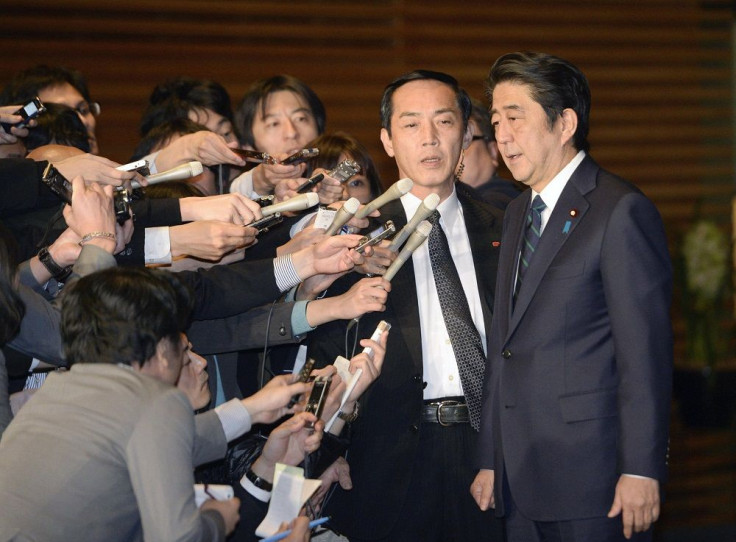Militant Claims Beheading Video of Japanese Hostage Haruna Yukawa Is Fake

Not just one but three militant organisations doubt the authenticity of the video that claims Japanese hostage Haruna Yukawa, a military contractor who was abducted in Syria, was beheaded by the Islamic State (IS).
The IS is said to have released a video clip showing the other hostage, journalist Kenji Goto, holding a photograph of Yukawa’s beheaded body.
One militant group on an IS-affiliated Web site, believes the beheading video is fake because it did not show the actual decapitation – unlike what the IS did for two previous American and two British hostages. Another said it was only send to the family of Goto.
Other indicators of the possibility that the video is not real is the clip was not issued by al-Furqan, a media arm of the IS responsible for the posting of past hostage and decapitation videos, due to the lack of the logo of the group.
But despite the doubt over the authenticity of the video, Japanese Prime Minister Abe Shinzo condemned the alleged execution as an act of terrorism that outraged the Japanese people and is not permissible in a civilised society.
The U.S. and Japanese governments are separately attempting to verify the video, but U.S. President Barack Obama had promised to Mr Abe, “We will work together to bring the perpetrators of these murders to justice and will continue to take decisive action to degrade and ultimately defeat ISIL.”
Meanwhile, Defense Secretary Chuck Hagel contrasted IS’s inhumanity with the generosity of Japan which provided aid to Iraq and Syrian displaced by the ongoing conflict. Tokyo also pledged another $200 million humanitarian aid, which the IS mistook as money intended to help defeat the group and kill Islam followers.
But IS has dropped the $200 million ransom and is offering a swap deal in which they would release Goto if the Jordanian government would also release al-Qaeda detained female suicide bomber Sajida al-Rishawi. She tried to bomb a hotel in 2005, but her explosive belt didn’t detonate, although other explosives still killed 57 people, mostly guests at a wedding reception at the Radisson SAS hotel in Amman.
The explosive that killed the hotel guests was worn by Sajida’s husband, one of three Iraqi male suicide bombers.
Abe assured that Tokyo is tapping every diplomatic channel to work on the release of Goto. The journalist’s mother, Junko Ishido – who issued a video appeal to the ISIS – is optimistic the Japanese government would not let Goto down and he would be released, she hoped.
To contact the writer, email: v.hernandez@ibtimes.com.au





















